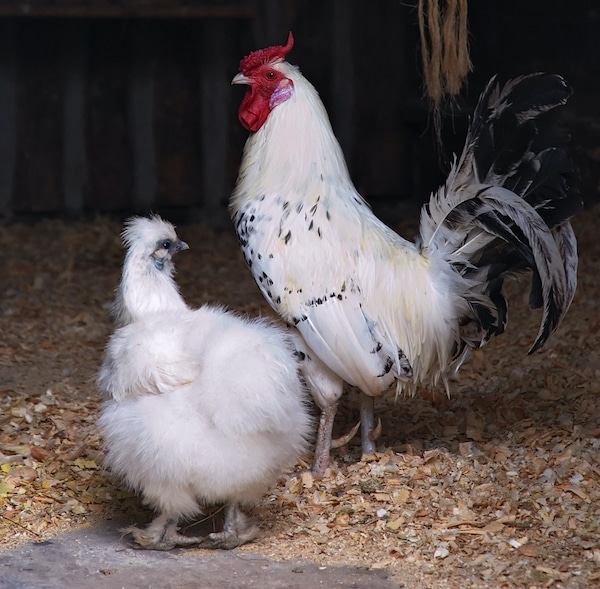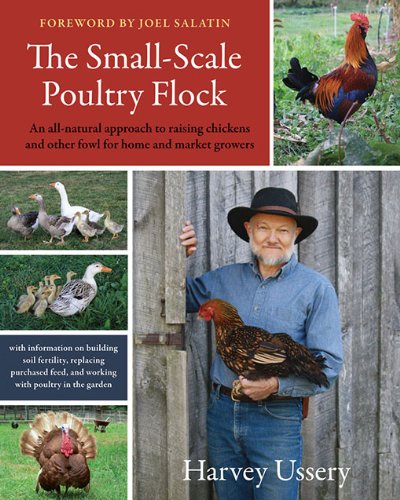Updated: April 14, 2020
So you’ve decided to keep chickens in the backyard. Congratulations! Keeping chickens is one of the best ways of growing great tasting food.
But one of the first questions you face is how many chickens do you need? Here’s some things to think about to help you decide.
How many chickens do you need for your garden?
One of the most difficult challenges I face is providing enough soil amendments for my garden. I can’t make nearly enough compost, and I would rather make my own than buy it. You never really know what you’re going to get when you buy composted manure at the store.
Farmers have solved the soil amendment dilemma with livestock since the beginning of time. And chickens are probably the most common animal kept for this purpose.
Vegetable gardeners like chickens as much for the nitrogen-rich manure as for their high-omega-3 eggs. Far fewer people keep chickens in their backyard for meat.
Let’s take a sec to get the legal words out of the way. This article may contain affiliate links. That means if you click and buy from my partners, I will make a tiny amount of money. This in no way affects my recommendations.
An Easy Formula
The formula I used for determining the number of chickens is from the chicken raising guide called The Small-Scale Poultry Flock, by Harvey Ussery. Here’s how it goes:

You start with the average number of eggs your family consumes per day.
Let’s say, for example, you have a family of four that consumes on average one egg per day or seven eggs per week.
For every three laying hens, you get an average of two eggs per day. So three hens would be enough for 14 eggs per week.
But there are a couple of other important points to keep in mind:
- You will have more eggs in the spring and summer and fewer eggs during the rest of the year.
- Once you start eating great tasting, fresh eggs, your family will likely want more.
So it’s better to estimate for the minimum rather than the average. That way you’ll probably have enough.
Other factors
Besides eggs, there are also other factors to consider.
It’s important to keep in mind that chickens are social animals and they do better in a flock than solitary. So one or two chicken is probably not enough if you want happy chickens.

The other point that Ussery makes is it’s always better to start small and work your way up than to start big and maybe get overwhelmed.
For me, the most important factor is how much compost can I get? There never seems to be enough.
A hen produces about 130 pounds of manure a year. That may seem like a lot, but remember that it will shrink to one tenth of its weight when fully composted.
Even if you take bedding into account, a small garden could easily accommodate the compost from six hens. So from a soil amendment standpoint, the more the merrier.
Are you raising chickens in the suburbs? How many do you keep and why? Let us know by commenting below.
Related Articles:
- What is “Deep Litter” in a Chicken Coop? Does it smell?
- Can Chickens Eat Weeds?
- Do Tumbling Compost Bins Work
Suburban Hobby Farmer is a participant in the Amazon Services LLC Associates Program, an affiliate advertising program designed to provide a means for sites to earn advertising fees by advertising and linking to amazon.com.